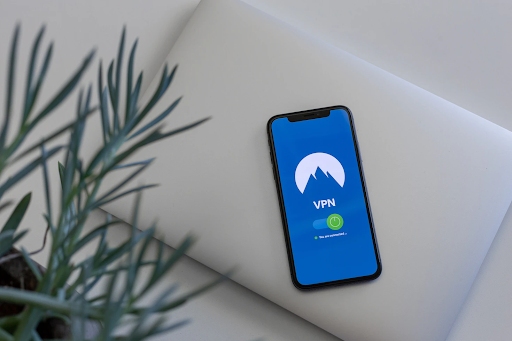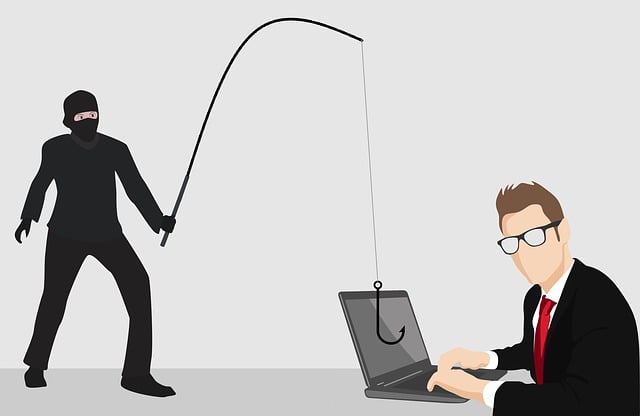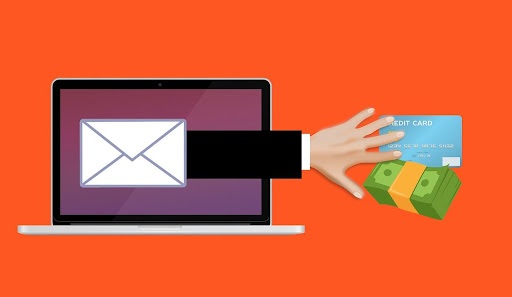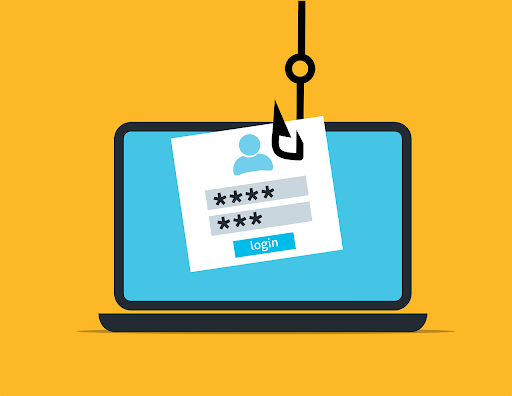
Cybersecurity debates continue to intensify as the frequency and scope of threats surge. Global cybersecurity attacks reach new heights every day. Phishing remains the most exploited channel for cybercrime and a threat to everyone browsing the internet.
Regardless of your search intent, you can quickly get trapped in the web of internet criminals. Prepare to survive like a soldier walking into a war field. That is where proxies come in. These are bulletproof armors with an identity-hiding capacity to safeguard you against attacks.
How Proxy Services Enhance Your Online Security
Browsing the internet using your real identity is like walking barefoot in the forest. You risk cuts, punctures, skin irritations, and other injuries in identity theft, financial losses, spoofing, and extortion. The safe way to browse the internet is by using high-quality proxies.
Proxy services facilitate safe online explorations using unique IP addresses. Different proxy types achieve optimal security in unique ways. HTTP proxies forward web traffic to secure intermediary servers. SOCKS works for HTTP and non-HTTP traffic, securing you against threats triggered by both connections. HTTPS builds an extra shield layer by encrypting and making your web traffic. Transparent proxies do not hide your IP and are only ideal for web caching. Many other proxy servers provide secure online explorations, preventing the attacker from identifying you. Discover many ways proxy servers make your internet expeditions secure.
1. Prevents DDOS Attacks

Cybercriminals use denial-of-service attacks to manipulate web pages, frustrate your operations, and force you to shut down. They then create fake websites with URLs and designs similar to yours to steal from unsuspecting internet users. Cybercriminals achieve this by channeling heavy traffic requests to your website server, forcing it to stop responding. That makes server hosts unavailable to your internal network, customers, and employees. As a result, clients cannot access your products or services.
Armor your websites to thwart DDOS attacks with proxy servers. Discover quality proxy solutions that create cached web pages during DDOS attacks to prevent your server from succumbing to abnormally high traffic requests. They perform the load-balancing magic where traffic gets distributed to multiple servers to ensure no server gets overwhelmed.
Configure your proxy servers to send notifications when your website records abnormal traffic spikes. Geo-blocking features of proxies block traffic from countries where DDoS attacks are hard to detect.
2. Builds Robust Shield Against Phishing

Cases of cybercriminals impersonating companies through SMS and email have become rampant recently. Phishing attacks cost businesses millions of dollars every year. That happens through direct phishing of bank accounts and credit cards or access to other financial data.
Besides, cybercriminals can steal your data by pressuring you to click or respond to their fake emails and SMSes. They usually play with your psychology by raising queries of an urgent complaint or security breach requiring instant addressing. When you play along, you might be required to click on a website containing malware or virus that leaks your data and enables stealing.
Your company needs to deploy proxy servers to reduce the impact of phishing attempts. Secure email proxies assist with screening emails for malicious links and content. That ensures harmful messages do not reach users’ mailboxes. Datacenter proxy servers reinforce phishing protection technologies to minimize phishing emails and related losses.
3. Protects Against Identity and Brand Theft

Have you ever got news of your name or brand trending for a crime you are 100% sure you never committed? Or have you ever been a culprit in a case someone else committed in your name? That is the risk and damages of brand and identity theft. The most common way cyber criminals access and steal your identity is the internet. It occurs when you enter sensitive personal data into a website injected with malware.
To prevent theft of your personal and brand data, use proxy servers. These give you a new identity online, making it difficult for attackers to trace your online activities. Because online criminals need your actual IP address to track and launch attacks, they can never succeed when you browse on proxy-server connections.
4. Robust Shield Against Data Breaches
Data breaches involving payment card fraud, insider leaks, and hacking have increased lately. Dozens of companies in the public sector, healthcare, and finance industries have lost trade secrets and sensitive dealings to hackers. Companies with robust proxy server systems rarely experience such threats.
Proxies encrypt web requests and hide sensitive data from attackers. That leaves the attackers in the dark since they cannot intercept communications. Additionally, proxies filter out harmful data channeled to your company before it reaches your website server. This step reinforces the safety of your company network and reduces data breaches.
You can responsibly utilize proxy servers to block customers from accessing duplicate and malicious websites used by cybercriminals to steal customers’ credit card data. Organizations use proxies to monitor network traffic to identify and bar hackers attempting to access sensitive data.
Financial companies need proxy servers to encrypt traffic between online platforms and employees to prevent attackers from intercepting and stealing customer financial details.
5. Controls Online Access
Whenever you send a request for content or product purchase, you never know what happens next. You could get directed to pirated content or virus-infected websites. Some sites have a sequence of harmful codes ready for execution when you click on them. Known as a cross-site scripting (XSS) attack, it can interfere with your browsing security.
Proxies can help with such issues by restricting access to internet sources. They pass internet requests via proxy screening to ensure they are safe. Proxies also make it possible to block websites based on IP address, ULR, and DNS.
Proxy servers can selectively block and allow traffic to a website following a set of security and compliance rules. These websites use firewall filtering to restrict access to unsafe websites. The goal is to provide secure access to content, products, and services online while preventing the risk of cybersecurity threats.
Wrapping Up
The internet is the largest resource for services, products, information, and content and the operating space of many cybercriminals. It is one of the places where people lose millions within a millisecond while criminals steal from unsuspecting internet users. The world records increasing cybersecurity attacks daily. That has pushed organizations and tech-savvies to develop systems and platforms to minimize the impact of such attacks.
Website owners and internet users have equal responsibilities to keep their online activities safe. While accessing only secure websites, cybercriminals have become shrewder and use more advanced techniques to launch attackers. You can deploy proxy services to protect your online resources, personal networks, and computers from such malice.
Interesting Related Article: “6 Tips for Improving Your Business’ Online Security“

